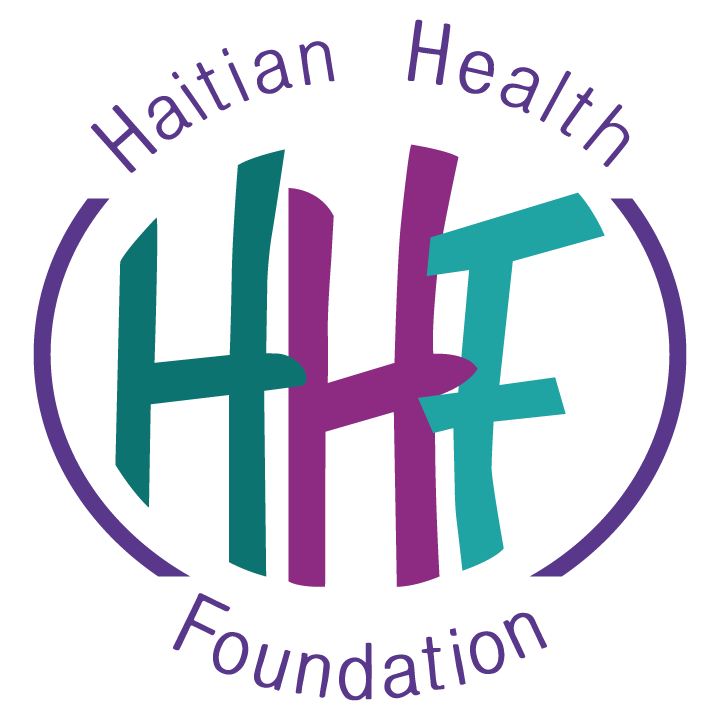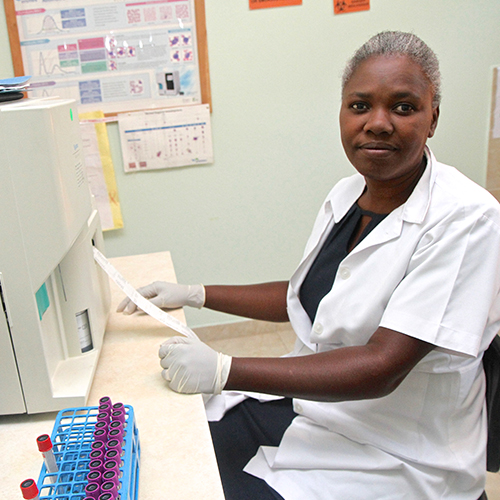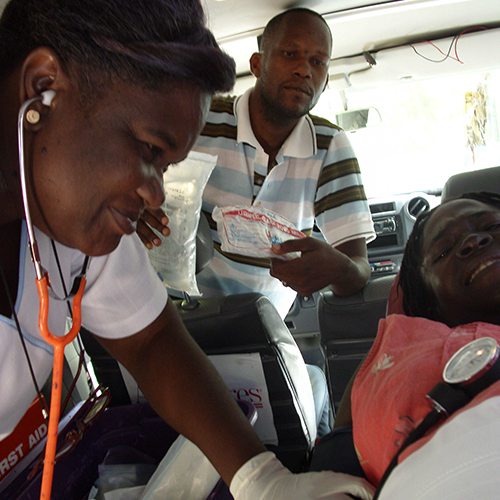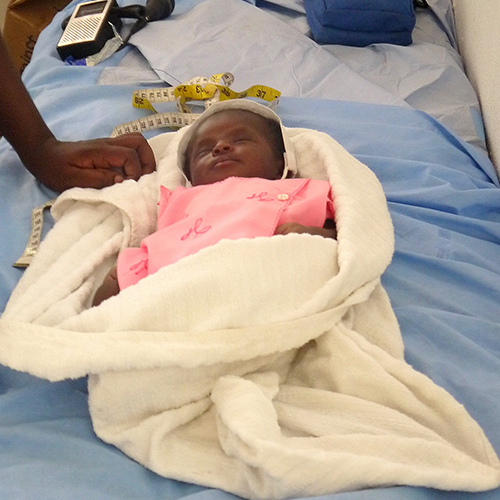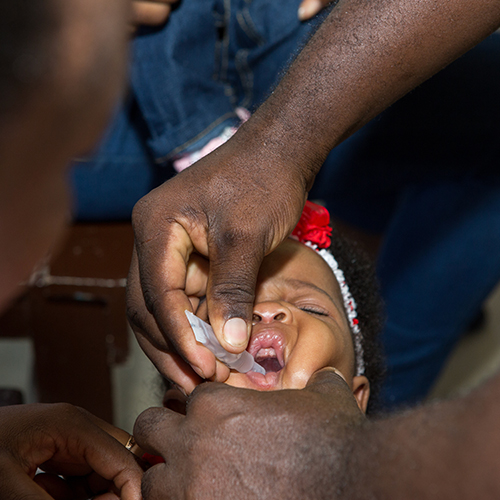Our Impact
Healthcare
~ Partnering with Communities for Better Health ~
Since its beginnings, HHF has been offering an integrated package of essential health services to over 250,000 people in the Grand’Anse Department of Haiti. We see child, youth and maternal health services as having a critical role in providing early interventions to families within the community. While HHF serves all the members in our catchment area, HHF focuses on reducing maternal and child mortality rates by ensuring that every woman, mother and child receives health services. Nurses and community health agents work in partnership with parents and caregivers using a strength-based approach to promote the health, social and emotional wellbeing of children, youth and families. Our services are offered in three settings: clinic-based, community health, and residential.
Healthcare
Services Include
HHF provides an average of 300 obstetric emergency evacuations each year from the mountain areas, necessary when women experience difficulties and delays in accessing care once labor has begun. HHF has two emergency transportation vehicles which are fully stocked with appropriate medical equipment and medicine as well as trained staff to respond to emergencies in the field. These vehicles have also been used to transport patients urgently needing care from Jeremie to Les Cayes or even to Port au Prince.
“Without the free medicine and food support I receive at the HHF to treat my diabetes, I would have been dead for a long time.”
« Si se pat HHF ki te banm medikaman ak manje gratis pou maladi sik mwen ta mouri lontan déjà. »
Patient of HHF
HHF has two main primary care clinics – one in Jérémie and one in Dayere, along with three satellite clinics in Moron, Bigarade and Castillon and a maternal health center and waiting home known as the Center of Hope (COH). HHF’s main clinic in Jérémie is a fully equipped, 27,000-square-foot outpatient clinic, dental clinic, mental health, X-ray, and pharmacy.
The COH was the first “maternity waiting home” established in Haiti and is located near the government referral hospital St. Antoine in Jérémie. HHF considers its maternity waiting home to be a key element to bridging the geographical gap in obstetric care between mountain villages and the hospital.
To assure that all receive needed health services, HHF provides these health services through its monthly mobile clinics and through its community health agents (known as ASCPs). The ASCPs have the primary task of educating about health prevention best practices and gathering information and monitoring the health of each member in their respective communities – the agent is a resident of his/her community and were selected based on a good and trusting relationship with the members of that community.
“HHF saved my child’s life.”
« Se HHF ki ban m pitit sa a. »
Madame Josef, mother in Fond Rouge, Haiti
HHF has developed strong connections with both formal health system partners and community partners to ensure the integration of HHF services with the delivery of other health and social services. HHF’s integrated model of delivering health services is from a human rights approach, whereby we always focus on the needs of our patients while being aware of the needs of the communities we serve, resulting in:
Another way HHF works with the community is by supporting and mentoring nursing students in their internships. Here is a thank you card from some student nurses:
Thanks to the staff of the HHF
from the Faculty of Nursing Sciences, Our Lady of Perpetual Help University of Jeremie.
We are very grateful for your valuable contribution to the Community Health internship for students in the 3rd year.
Thank you for the availability and dedication you have shown.
The Lord will give you a hundredfold!
250,000+
Count on HHF for life-saving care.
How can you help?





